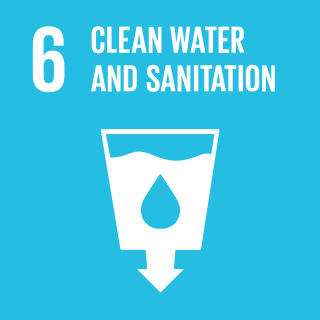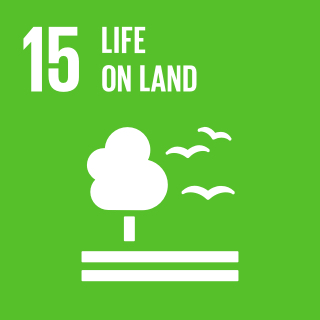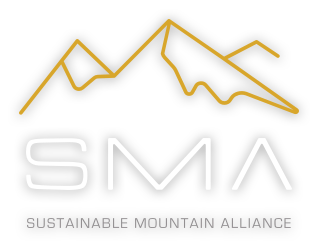
Our Science to Advocacy Programme aims to ensure science guides the sports and tourism industries in adapting to climate change and the steps needed to preserve the alpine eco-system.
We work with leading scientists, researchers, intergovernmental and governmental entities, educational and civil society organisations, to increase knowledge and understanding around sustainable sport and tourism in the mountains.
Transformative science: we coordinate the conversion of scientific findings into clear messaging; enhance the contribution of mountain athletes to mountain science; use science to inform policy, legislative and strategic decisions.
Advocacy: we communicate positive efforts made to protect the mountains by our Alliance partners; develop experiences, campaigns and educational tools to inspire protection of the mountains.
Why mountains matter
Mountains cover around 27% of the planet, support 22% of the world’s population, and are the milieu for millions of mountain sport athletes and tourists. As the world’s ‘Water Towers’, mountains supply around half of the world’s population with drinking water, water for irrigation, power generation and other invaluable water resources. Furthermore, mountains are islands of biodiversity, home to more than 85% of the world’s species of amphibians, birds, and mammals, far exceeding the species diversity of the lowland.
Some of the clearest indications of climate change are found in the mountains: rising temperatures, melting glaciers and changing precipitation patterns are disrupting water flows and affecting ecosystems, creating and worsening natural hazards and threatening livelihoods and communities both within the mountains and downstream. Because climate impacts are often more profound in mountains and affect people already confronting poverty and land degradation, mountain livelihoods are particularly sensitive to climate change4.
The SMA’s responsibility is to ensure sustainable mountain development and mountain ecosystem conservation as highlighted in the 2030 Agenda for Sustainable Development, to identify solutions, and to help achieve the Sustainable Development Goals (SDGs) notably:

SDG 6: Clean Water and Sanitation
Target 6.6 Protect and restore water-related ecosystems, including mountains, forests, wetlands, rivers, aquifers and lakes.

SDG 15: Life on Land
Target 15.1 Ensure the conservation, restoration and sustainable use of terrestrial and inland freshwater ecosystems and their services, in particular forests, wetlands, mountains and drylands, in line with obligations under international agreements.
Target 15.4 Ensure the conservation of mountain ecosystems, including their biodiversity, to enhance their capacity to provide benefits which are essential for sustainable development.
SIEPPUR ‘Sustainable Snow Management’ Project
A scientific project, funded by the EU Commission.
With climate change impacting access to snow throughout the world, there is an urgency to identify sustainable environmental practices in snow management.
Objectives: to identify, develop and promote sustainable practices in snow management from production, storage, transport, grooming to handling.
Partners: the International Biathlon Union (IBU), Peak 63, the WSL Institute for Snow and Avalanche Research (SLF), and three IBU member federations – Sweden’s Svenskt Skidskytte AB (SSSAB), the Polish Biathlon Association (PZB), and the Slovenian Ski Association (SZS)
For more information see:
Home – Sustainable Snow Management Project
SIEPPUR Flyer
The SMA is a proud member of the United Nations Mountain Partnership, collaborating closely to support their global efforts.
